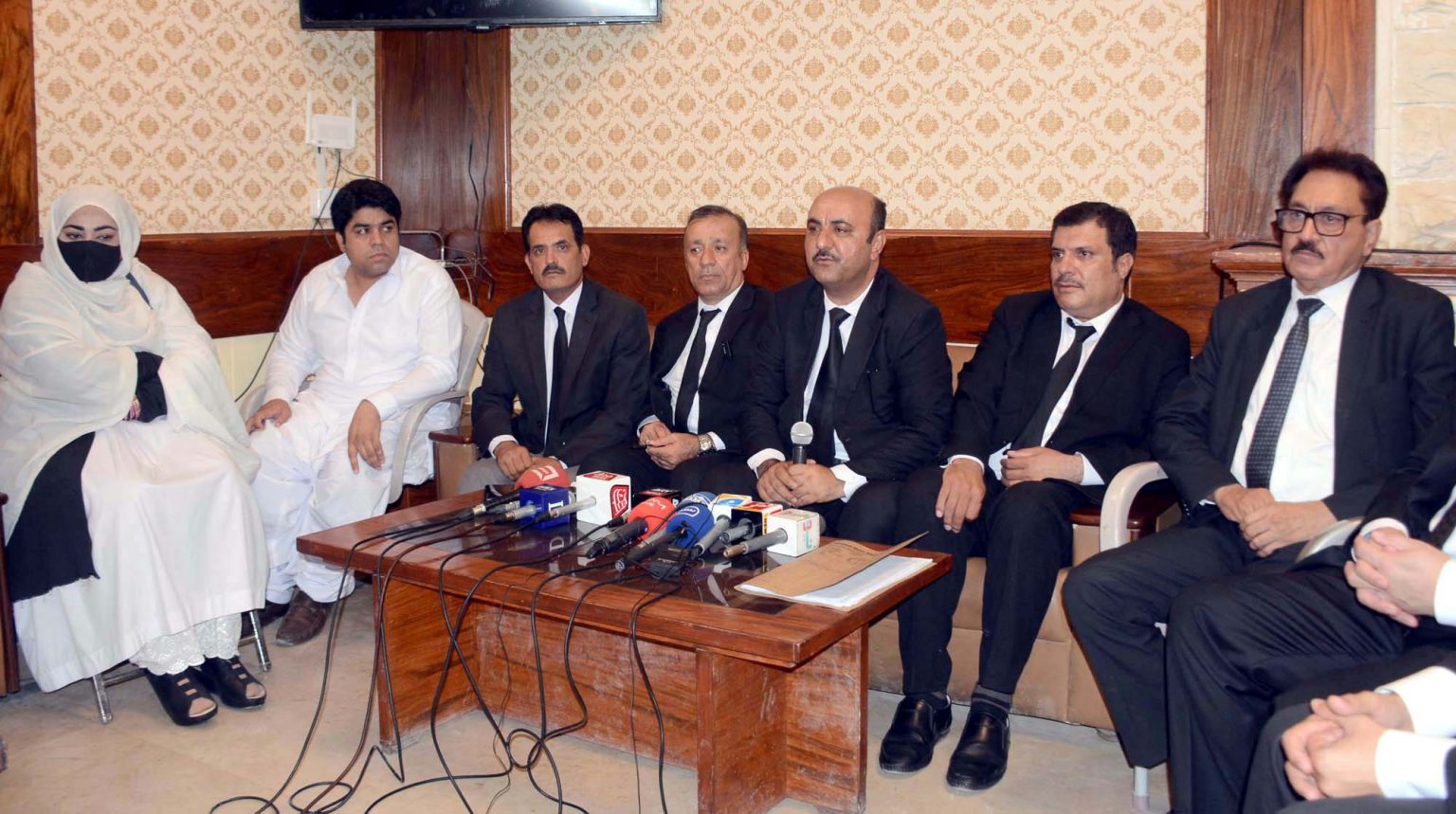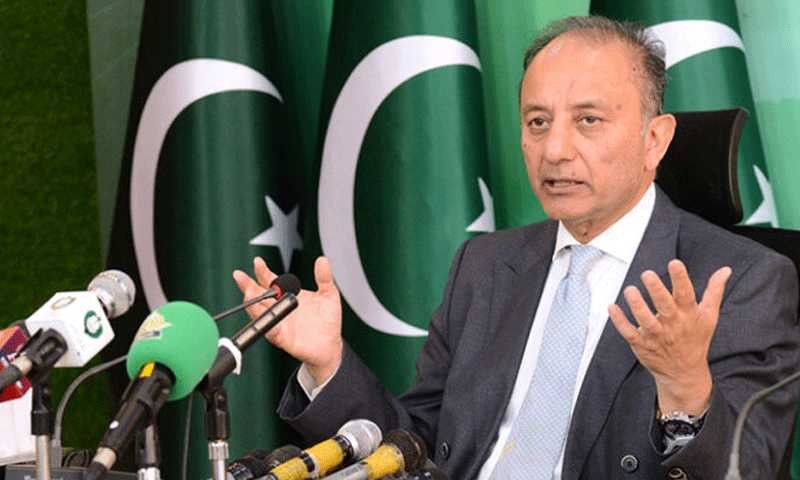Pakistan to Allocate 4,000 Acres of Pakistan Steel Land to Chinese Investors for Special Export Economic Zone

Karachi: The government has decided to transfer 4,000 acres of land from Pakistan Steel to Chinese investors for the establishment of a Special Export Economic Zone. This announcement was made by Sindh’s Minister of Industries and Commerce, Jam Ikram Ullah Dharejo, during an exclusive discussion with members of the Council of Economic and Energy Journalists (CEJ).
Dharejo stated that if the land of Pakistan Steel is sold in the future, the Sindh government should receive a share, as the land originally belonged to the Sindh government and was provided solely for the establishment of the steel mill.
He further revealed that the Sindh government plans to establish and operate the steel mill under a public-private partnership. However, the responsibility for clearing the mill’s liabilities rests with the federal government. The Sindh government will engage with local and international investors, including those from Russia, to explore interest in the project.
In response to a question, Dharejo emphasized that the Sindh government’s position on the Independent Power Producers (IPPs) agreements is clear. He stressed the need to revisit and renegotiate these agreements as soon as possible, urging the federal government to address this critical issue promptly.
Additionally, Dharejo announced that a new state-of-the-art Special Economic Zone will be developed on 2,000 acres along the Hub River Road. This economic zone will also be established under a public-private partnership. Work has already begun on Phase Three of the Noriabad Industrial Zone, covering 1,300 acres. Moreover, service industries have chosen to set up in the Noriabad Industrial Zone over Punjab, utilizing 50 acres of land. The Ministry of Industries plans to establish agro-processing zones in major cities of Sindh.
Dharejo criticized the federal bureaucracy’s attitude towards Sindh’s development projects, suggesting that it needs to be corrected in the national interest. He also highlighted the need for tax revenues collected from Sindh to be reinvested in the province’s development projects. The Sindh government plans to digitize the land records of all seven industrial zones in Karachi and intends to assign agricultural tax responsibilities to the Sindh Revenue Board.






